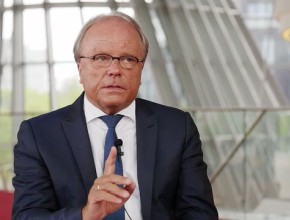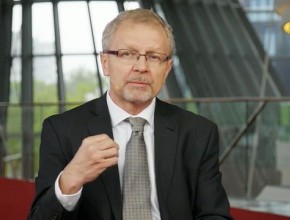Emergency medical dispatchers play a crucial role in the initial management of stroke and myocardial infarction (MI). What should they focus on when responding to a call about a patient with suspected stroke or MI?
Bernd W. Böttiger: They should focus on sending an emergency medical service (EMS) unit to the patient as fast as possible, at best with a physician, because we know that physicians do increase survival rates at least after out-of-hospital cardiac arrest and in trauma patients. They then should ask about the symptoms and the symptom duration and all this.
If a patient following acute MI is in cardiac arrest, the most important thing they can do is so-called telephone cardiopulmonary resuscitation (CPR). They can send the EMS system to the patient and in parallel tell the lay person who is calling, “Please stay on the line, put your phone on loudspeaker, and I will explain to you now what you can do to this patient” so that his survival rate is doubled or maybe tripled or four-fold higher. Then he will explain thoracic compressions to the lay person on the telephone. This is telephone CPR. Extremely effective. The number needed to treat is 7. You need to do it for 7 times. Seven times 10 minutes to save one life, and this is much more effective than anything else I have in my mind [when considering] what we are doing in hospitals and in EMS systems.
 English
English
 Español
Español
 українська
українська







